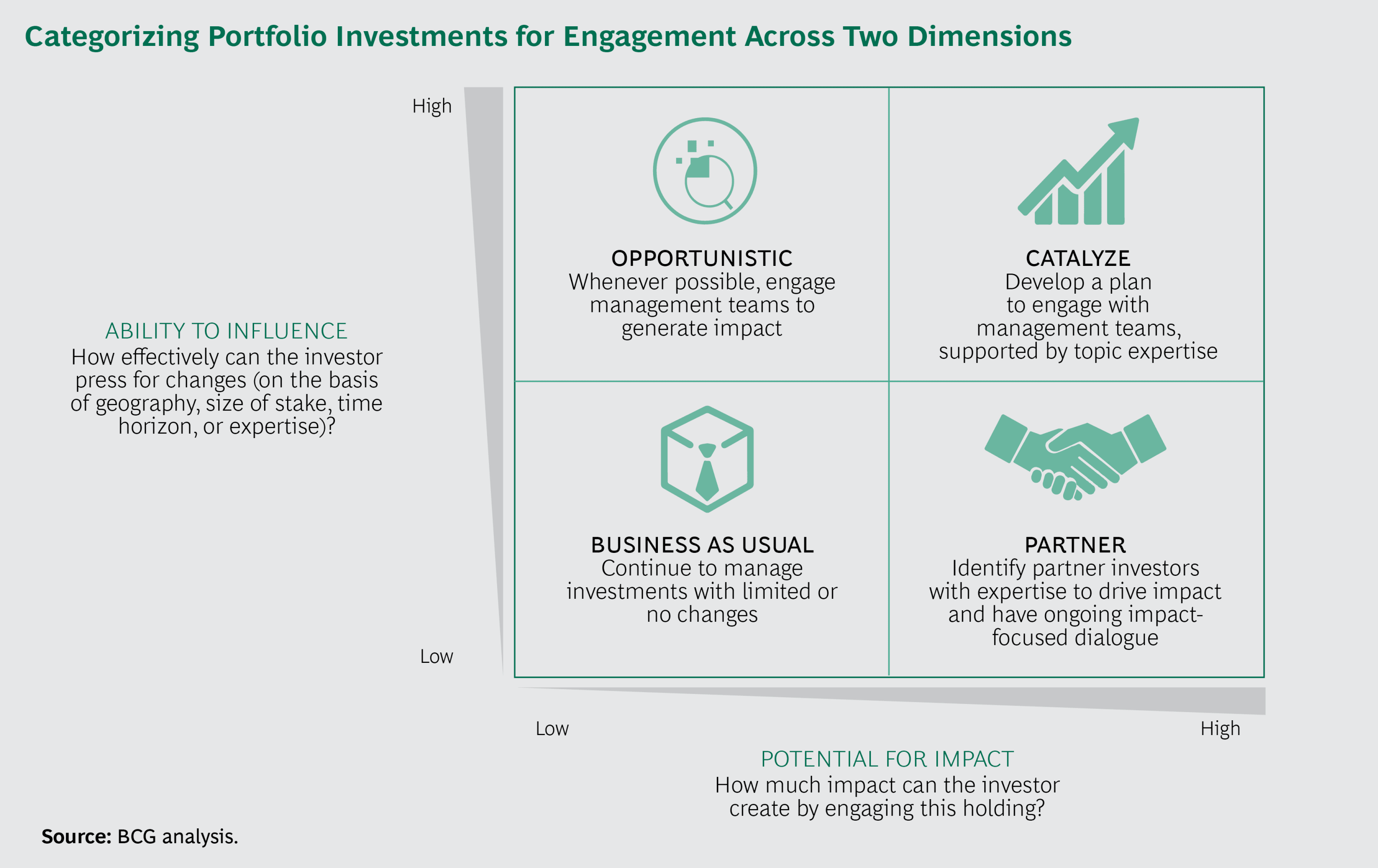We need an economic model that works for people and the planet

The future is in our hands Image: Tobias Weinhold/Unsplash
In the last 50 years, we’ve seen dramatic and unprecedented progress in human indicators, and the market system has served us well on so many levels. But deep fractures are beginning to show. Income inequality has increased in almost all countries, albeit at different speeds. At the same time, we see record environmental degradation, loss of species at unprecedented rates – some 200 per day – severe stress on food systems and water, massive deforestation and climate change. Today, markets are unsustainable.
We need a new economic model – a model that benefits people and planet.
Last month, 200 CEOs redefined the purpose of a corporation: no longer would shareholders have primacy. Companies should be run for the benefit of all stakeholders – customers, employees, suppliers, communities and shareholders. This is the same idea – the multi-stakeholder theory – that underpinned the founding of the World Economic Forum in 1971. As we face an unprecedented environmental crisis, the idea is taking firmer hold. A recent survey of CEOs found 90% believe sustainability is important to their companies’ business success. Behavioural economists now believe that the entire premise of classical economics – that people will always act in their own self-interest – is wrong.
What is the World Economic Forum’s Sustainable Development Impact summit?
This is the good news. Hearts and minds are changing. An increasing number of millennials, business leaders and women in particular are calling for a new kind of market: a sustainable market, an inclusive, equitable, green and profitable market where sustainable principles drive growth, generating long-term value through the integration and balance of natural, social, human and financial capital.
To capture this momentum, HRH The Prince of Wales, with the support of the World Economic Forum, has formed a Sustainable Markets Council. This Council will bring together a unique coalition of corporates, governments and multilateral financial institutions to galvanize the commitment, action and strategic leadership needed to transform our market mechanisms to work for, not against, sustainability.
Building sustainable markets requires change in three main areas: a shift in corporate business models, a reoriented and mobilized financial system and an enabling environment that promotes regulation and incentivizes action. Already, we see change. Today, global estimates suggest the market for sustainable household appliances, reflecting consumer demand, is $546 billion and growing. As another example, Boston Consulting Group estimates $23 trillion of assets under management worldwide are in funds focused on environmental, social and governance criteria.

But there are dangers as well as opportunities – dangers of greenwashing, dangers of misaligned tax and incentive regimes, danger the plethora of sustainability initiatives fail to deliver scale or critical mass.
As companies, we must move beyond corporate social responsibility as a business add-on (and to be fair an increasing number are doing this) to mainstream, transforming businesses to align strategy, structure and other activities to ensure long-term stakeholder value in addition to financial returns. The lack of universal measures to transparently define goals and assess progress is a concrete challenge. Global standards, backed by regulators, will be game changers.
We also need a financial system fit for purpose. We must address flawed pricing systems in capital markets that result in relentless allocation of capital to short-term, unsustainable uses. We need financial regulation and reporting that integrates sustainability with global standards and mandatory disclosure.
Financing Sustainable Development
Finally, we must recognize that what governments do and don’t do is critical. Incentives can attract or repel investment, taxes can favour or suppress energy choices, and information, such as in food or product labelling, can win or lose customers. We need to steer towards sustainable stakeholder capitalism. A good first step would be to end perverse subsidies in agricultural, fisheries and fossil fuels.
Consumers have power, too, to persuade boardrooms and cabinets to rethink policies and re-examine bottom lines. Controlling an estimated 60% of global GDP, citizens and consumers can change the market. We see it happening already.
The time is right. But we will only seize it if we recognize the choice we face: to continue on our current path or to shift to a more sustainable one. This choice brings immense opportunity. To put people and planet at the heart of global value creation. To create new markets and technologies. To explore moonshot innovation and disruptive solutions for our most intractable challenges. To develop new partnership models that deliver more rapid and sustainable results. And to ensure human aspiration can be sustained for millennia to come. We need to make that choice now.
Don't miss any update on this topic
Create a free account and access your personalized content collection with our latest publications and analyses.
License and Republishing
World Economic Forum articles may be republished in accordance with the Creative Commons Attribution-NonCommercial-NoDerivatives 4.0 International Public License, and in accordance with our Terms of Use.
The views expressed in this article are those of the author alone and not the World Economic Forum.
Stay up to date:
Sustainable Development
Related topics:
The Agenda Weekly
A weekly update of the most important issues driving the global agenda
You can unsubscribe at any time using the link in our emails. For more details, review our privacy policy.







